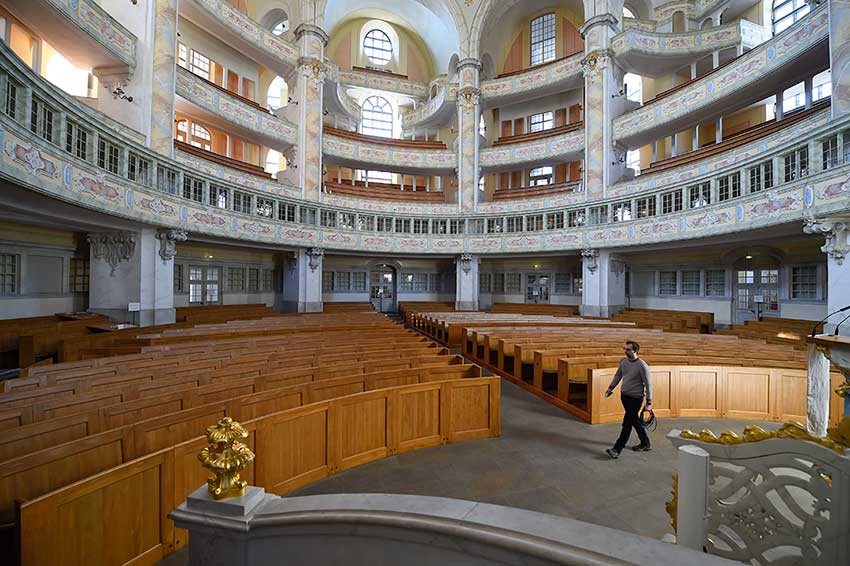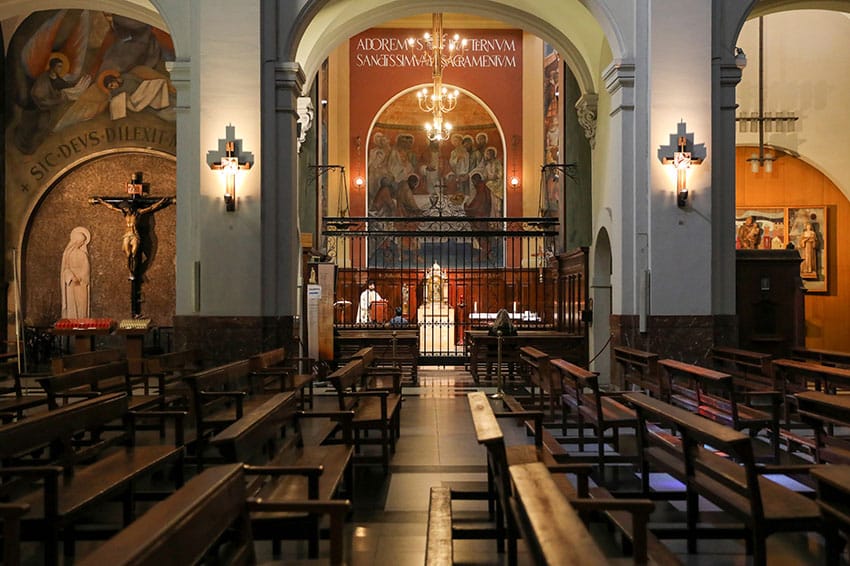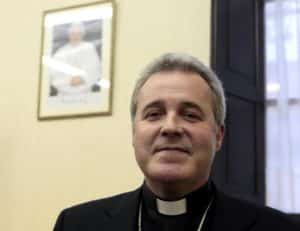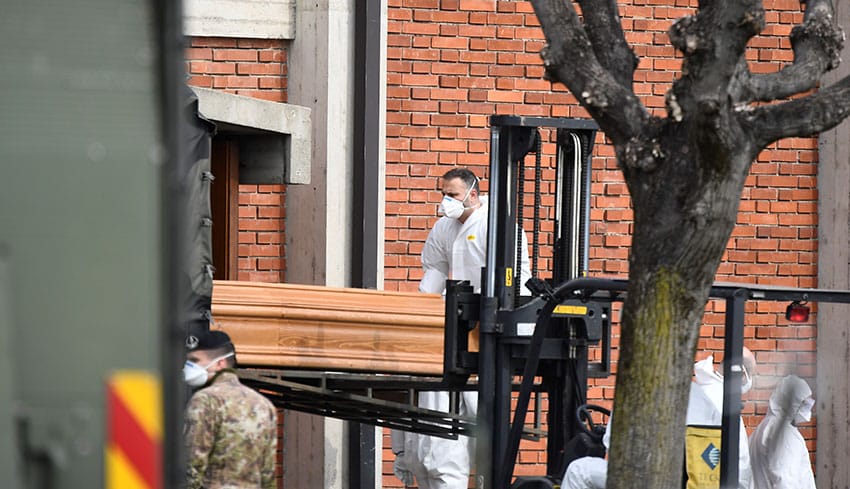
Catholic dioceses and religious orders across Europe are offering to turn church facilities into spaces needed for health care or housing during the COVID-19 pandemic.
Church leaders throughout Europe have been struggling to maintain Catholic religious devotions during enforced national lockdowns against the coronavirus, but have also sought ways, in addition to regular aid from Caritas and other Catholic organisations, of making resources available for health and social services.

Property can become hospitals
In Ukraine, Father Lubomyr Javorski, finance officer of the Ukrainian Catholic Church, acknowledged the pastoral role of chaplains, but said, “The church also has many property resources which can be used during the pandemic. These facilities can be converted into hospitals, but also made available to physicians far from their workplaces, and to people returning from abroad with nowhere to spend their quarantine.”
Bishop Mario Iceta Gavicagogeascoa of Bilbao, Spain, said he, like other bishops, had been forced to close local churches, but was now preparing some for pandemic victims.
“We’ve responded to the appeal of civil authorities by making facilities and buildings available,” Bishop Iceta told the Religion-Digital news agency on 25 March.

Bishop ready to become a doctor again
“The conversion of a religious congregation building here is already underway, and the authorities are studying how to prepare other diocesan properties,” he said.
Bishop Iceta told Religion-Digital Catholic he was ready to resume his previous career as a doctor, if Pope Francis consented.
“The church, as Pope Francis says, is a field hospital – isn’t this a favorable occasion to deploy the services of this hospital?” said the 55-year-old bishop, who trained as a surgeon before his ordination and sits on Bilbao’s Academy of Medical Sciences.
“I haven’t practiced medicine for a long time and would need to catch up on current advances. But if it were necessary and there was no better solution, there’s no doubt in my mind that I would offer to resume.”
Depositories, telephone hotlines and respiratory masks
In Italy, TV channels showed San Giuseppe Church at Seriate being used as a depository for coffins, which were later gathered by military trucks for cremation as local authorities struggled with the scale of deaths.
In Germany, one southern diocese said it had opened a telephone hotline for needs ranging from shopping to child care, while Benedictine nuns in Bavaria said March 26 they were manufacturing 100 reusable respiratory masks daily for local hospitals.
In Portugal, dioceses offered seminary rooms and other facilities to health professionals and civil protection teams.

The Catholic Ecclesia news agency reported on 26 March that Portugal’s Guarda Diocese had turned over its apostolic centre for “emergency care,” while the Jesuit order’s Oficina technical college in Lisbon said it was producing visors with 3-D technology for local medical centers.
“The manufacture of visors immediately aroused interest from other sectors, such as firefighters, municipality officials and security forces,” the school’s director, Miguel Sa Carneiro, told Ecclesia. “Former students whose companies have this equipment are making it available, and we’re creating a network of partnerships to will allow increased production.”
Related
